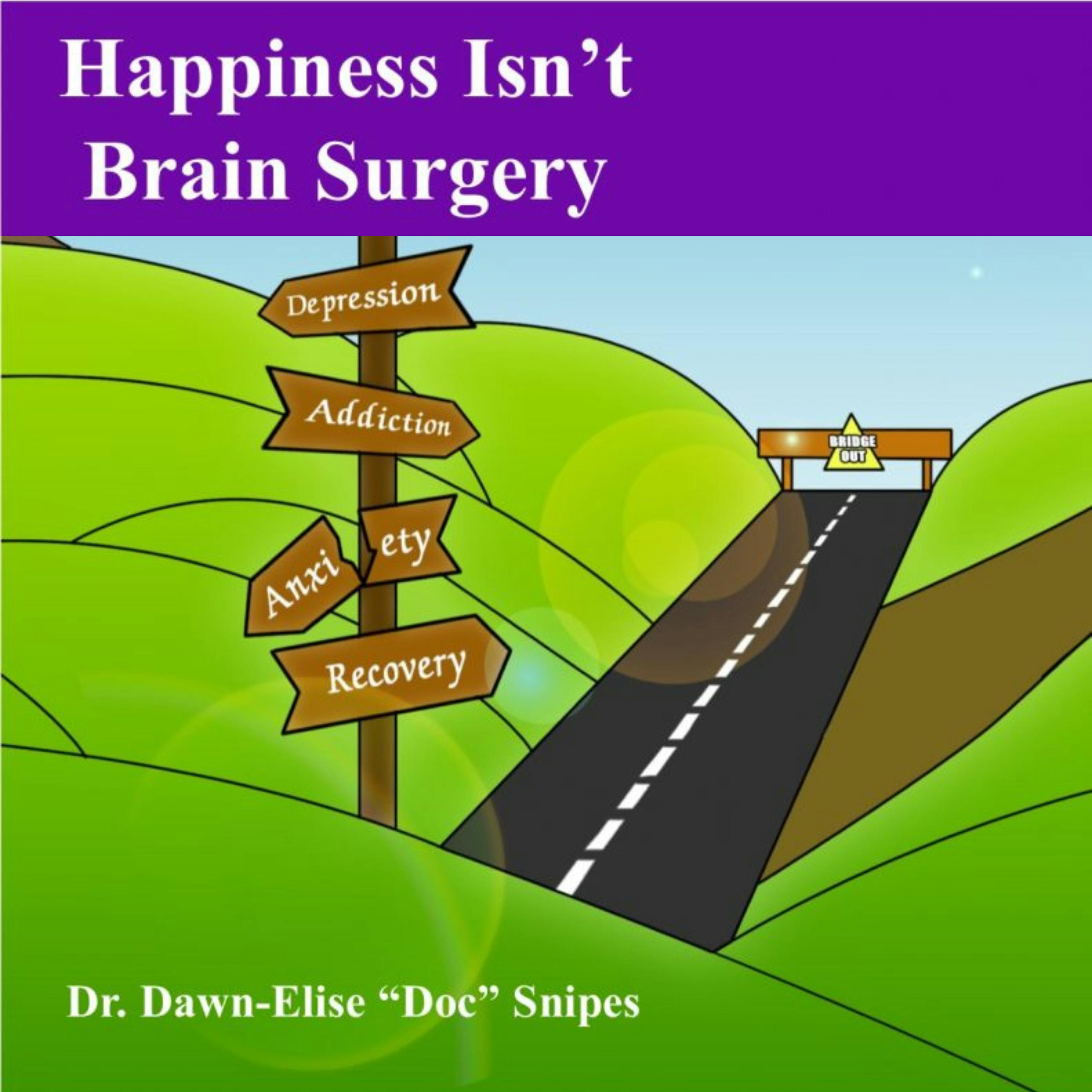73 -Social Interventions for Depression
Description
100+ Practical Tools to Defeat Depression
Social Interventions
Dr. Dawn-Elise Snipes, PhD, LPC-MHSP, LMHC
Executive Director, AllCEUs Counseling Education
Podcast Host: Counselor Toolbox, Happiness Isn’t Brain Surgery
Objectives
~ Identify the benefits of social support
~ Explore the characteristics of healthy relationships
~ Identify ways to improve relationships
~ Baggage
~ Temperament
~ Assertiveness
~ Nurturing
~ Discuss the concepts of forgiveness and acceptance
~ Learn about how pets can provide an element of social support
Benefits of Social Support
~ Sense of belonging. Spending time with them helps ward off loneliness. Whether it's other new parents, dog lovers, fishing buddies or siblings, just knowing you're not alone can go a long way toward coping with stress.
~ Increased sense of self-worth. Having people who call you a friend reinforces the idea that you're a good person to be around.
~ Feeling of security. Your social network gives you access to information, advice, guidance and other types of assistance should you need you. It's comforting to know that you have people you can turn to in a time of need.
Healthy Relationships
~ Cookies
~ Start by discussing cookies and how many different variations there are for sugar cookies.
~ Then discuss all the different stand-alone foods you can put in a sugar cookie to make it even better. (chocolate chips, caramels, candy corn, dates/raisins, peanut butter, walnuts, zucchini, carrots, Rice Krispies, oatmeal…)
~ Then talk about stand-alone foods you wouldn’t add to a sugar cookie. (Not everyone will agree (like chocolate covered fruit)) Examples: sardines (salty), hot pepper flakes (spicy), black licorice (funky), oysters (slimy), lemon slices (sour), kale (bitter), popcorn (would dissolve))
~ Then
~ Make a “recipe” for a good person
~ Create a “recipe” for a friend that would bring out the best in the good person
~ Identify characteristics of people that would not combine well with the good person (pet peeves and deal breakers)
Characteristics of Healthy Relationships
~ Characteristics
~ Honesty
~ Faith/Trust
~ Compassion
~ Respect
~ Boundaries
~ Openness/Willingness
~ Mutual Support
~ Unconditional Positive Regard
Characteristics of Healthy Relationships
~ Activity
~ Start by defining each characteristic and having participants identify examples.
~ Write each characteristic on a piece of flip-chart paper and post them around the room.
~ Have people go from station to station and write how they nurture that quality in themselves and others.
Baggage Claim
~ Too often we carry baggage from relationship to relationship and make the new person carry the old baggage.
~ Healthy relationships require understanding what you feel, why you feel that way and who triggered that feeling, then deciding if you want to continue to carry that with you (Baggage fees are EXPENSIVE!)
Baggage Claim
~ Activity
~ List the influential you in your life: Parents, friends, past loves (and current ones).
~ Identify what each of you has taught you about relationships (good and bad).
~ Compare that to the Skills Required for Healthy Relationships above.
~ Decide what baggage you have from each relationship that you are going to choose to carry and what you are going to learn from and let go. (It is not fair to hold everyone hostage because a parent could not openly express affection or one of your friends is not encouraging and supportive, for example)
~ Identify what skills you need to work on.
~ Focus on improving one area each week.
Assertive Communication
~ Being assertive means that you express yourself effectively and stand up for your point of view, while also
More Episodes
Objectives
~ Define psychological flexibility
~ Explore how to apply psychological flexibility
~ Identify the shortcut question
What is Psychological Flexibility
~ The willingness to accept things as they are in the moment and make a conscious choice to act with effective purpose choosing...
Published 09/06/18
Published 09/06/18
Published 08/23/18


